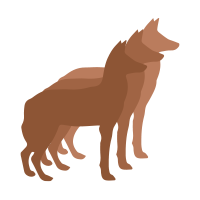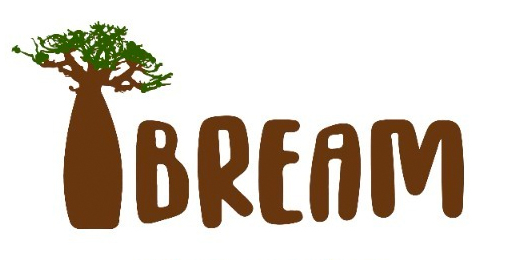The Ethiopian Wolf
This wonderful and important species is the world’s most endangered Canid
Habitat and Ecology
Shrubland, Grassland, Wetlands (inland), Rocky areas
Threats
Continuous loss of habitat due to high-altitude subsistence agriculture represents the major threat

Population
The population of the Ethiopian Wolf is in decline with approximately 197 mature individuals in the wild.

Overview

The Ethiopian Wolf is found only in the Ethiopian highlands, mainly the Bale Mountains and the Semien Mountains. As the top predator in these areas, it plays a vital role in the local ecosystem and references to it can be found in Ethiopian literature dating back to the 13th century.
But this wonderful and important species is the world’s most endangered Canid. Less than 500 adult Ethiopian Wolves remain in the wild and pressures such as frequent rabies outbreaks and habitat conflicts threaten those few remaining individuals. Currently, no Ethiopian Wolves are in captivity anywhere in the world.

Projects

Ethiopian Wolf conservation breeding and release project
A backup plan for the Ethiopian Wolf: Gamete Banking
Since the Ethiopian wolf population is so low, preservation of the biodiversity of the species is also an urgent priority. We are therefore working on a semen banking program to obtain and preserve gametes from individual wolves. This provides a fail-safe resource, which can be used as a last resort to regenerate the species. This initiative kickstarted in 2014 with our Ethiopian partner, Prof. Alemayehu Lemma from the Faculty of Veterinary Medicine, Debre Zeit, Ethiopia. Since then valuable semen samples have been stored in country on a regular basis.
Field Research into the reproductive biology of the Ethiopian Wolf
Time is running out for the Ethiopian Wolf and IBREAM is striving to help the efforts to save it. To do this, we have been working alongside WildCRU, whose scientists have been studying the Bale population of southern Ethiopia since 1988, and have acquired a great deal of knowledge on the behavioral and population ecology, genetics and disease of the species.
With so few adult Ethiopian Wolves remaining, we believe that assisted conservation breeding can play a role in the survival of the species. To embark on such an advanced conservation program the complexities of Ethiopian Wolf reproduction needed to be unravelled to allow us to carry out such an ambitious program.
To combat this, we have been working in collaboration with WildCRU, to study the reproductive biology of the Ethiopian Wolf to gather vital information and develop tools that would allow us to speed up breeding of this unique species using advanced assisted breeding. IBREAM’s first PhD student, Freya Van Kesteren, on the Ethiopian wolf program has worked remote in the highlands of Ethiopia to set the basis for our current project. The results of her work have led to basic hormonal understanding of the Ethiopian wolf reproduction.
The main results of her studies can be found here:
Van Kersteren F, Sillero-Zubiri C, MacDonald D, Millar B, Argaw K, Farstad W, Paris M. The physiology of cooperative breeding in a rare social canid; sex, suppression and pseudopregnancy in female Ethiopian wolves, Physiology and Behavior 2013: 39-45.
Van Kersteren F, Sillero-Zubiri C, Millar B, Argaw K, MacDonald D, Paris M. Sex, stress and
social status: patterns in testosterone and cortisol in male Ethiopian wolves. General and Comparative Endocrinology 2012; 179:30-37.
Time is running out for the Ethiopian Wolf and our work requires YOUR support, especially for the planned banking expedition planned in the summer of 2010!! Please click here to help us preserve this magnificent species.
project updates

